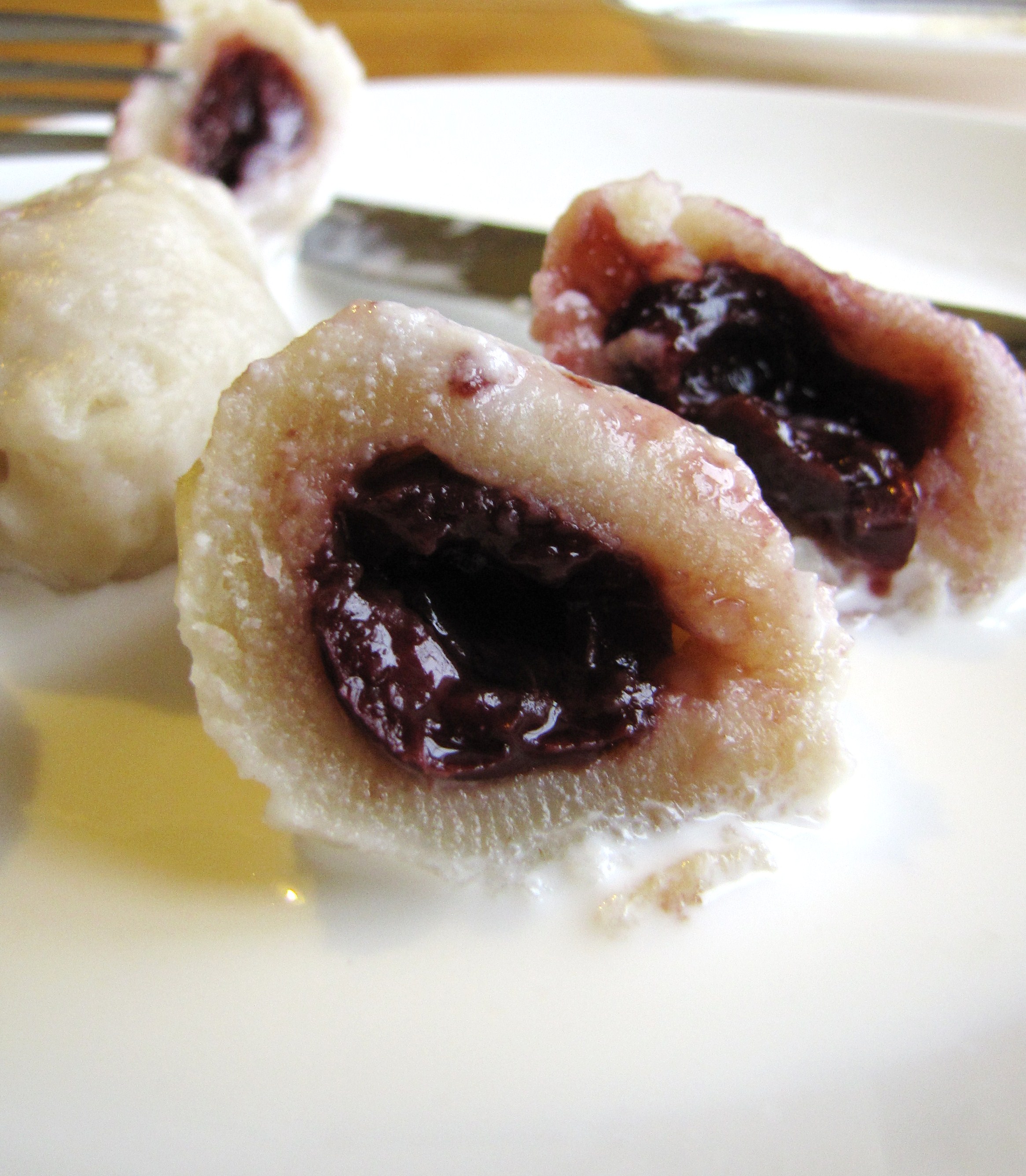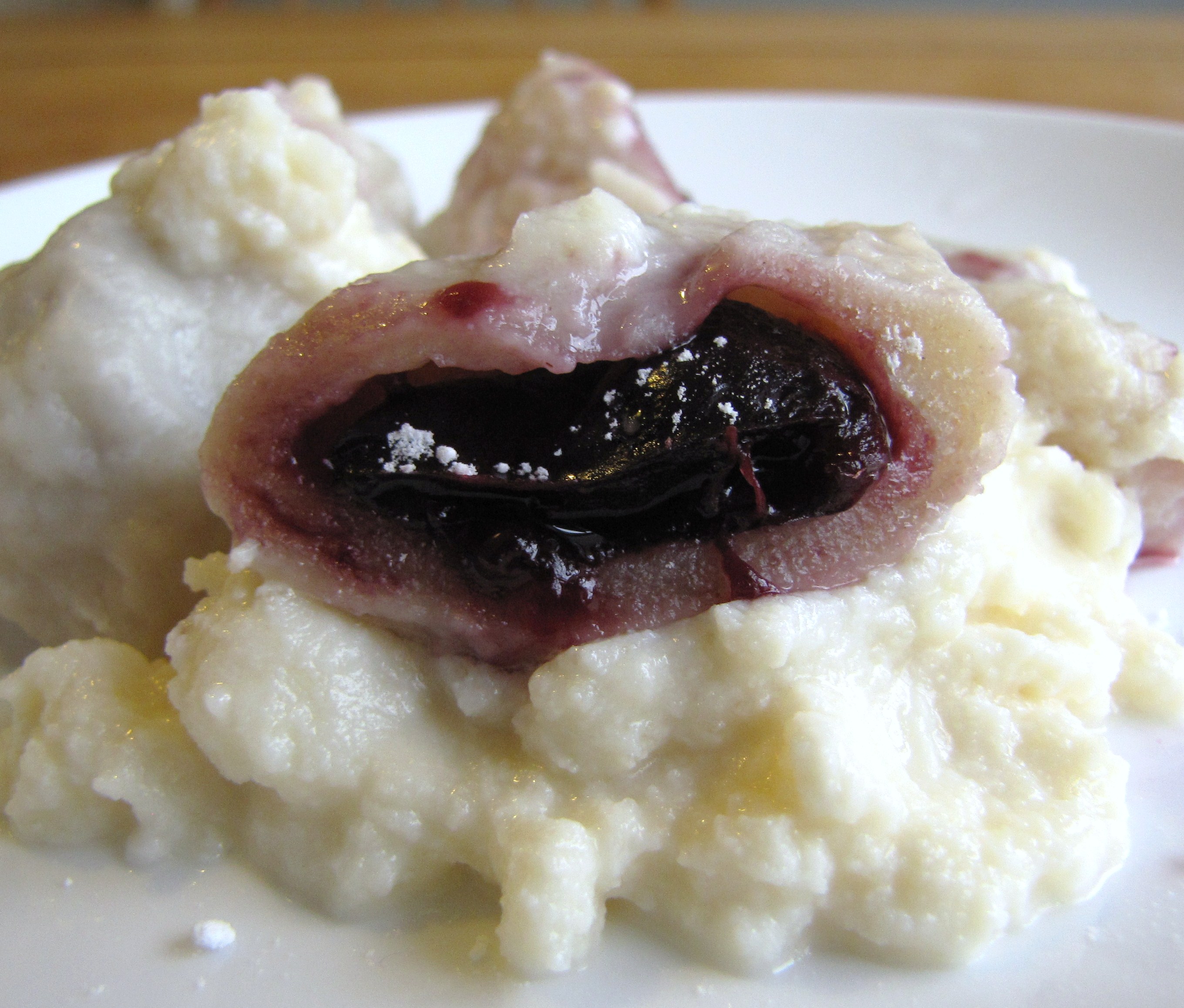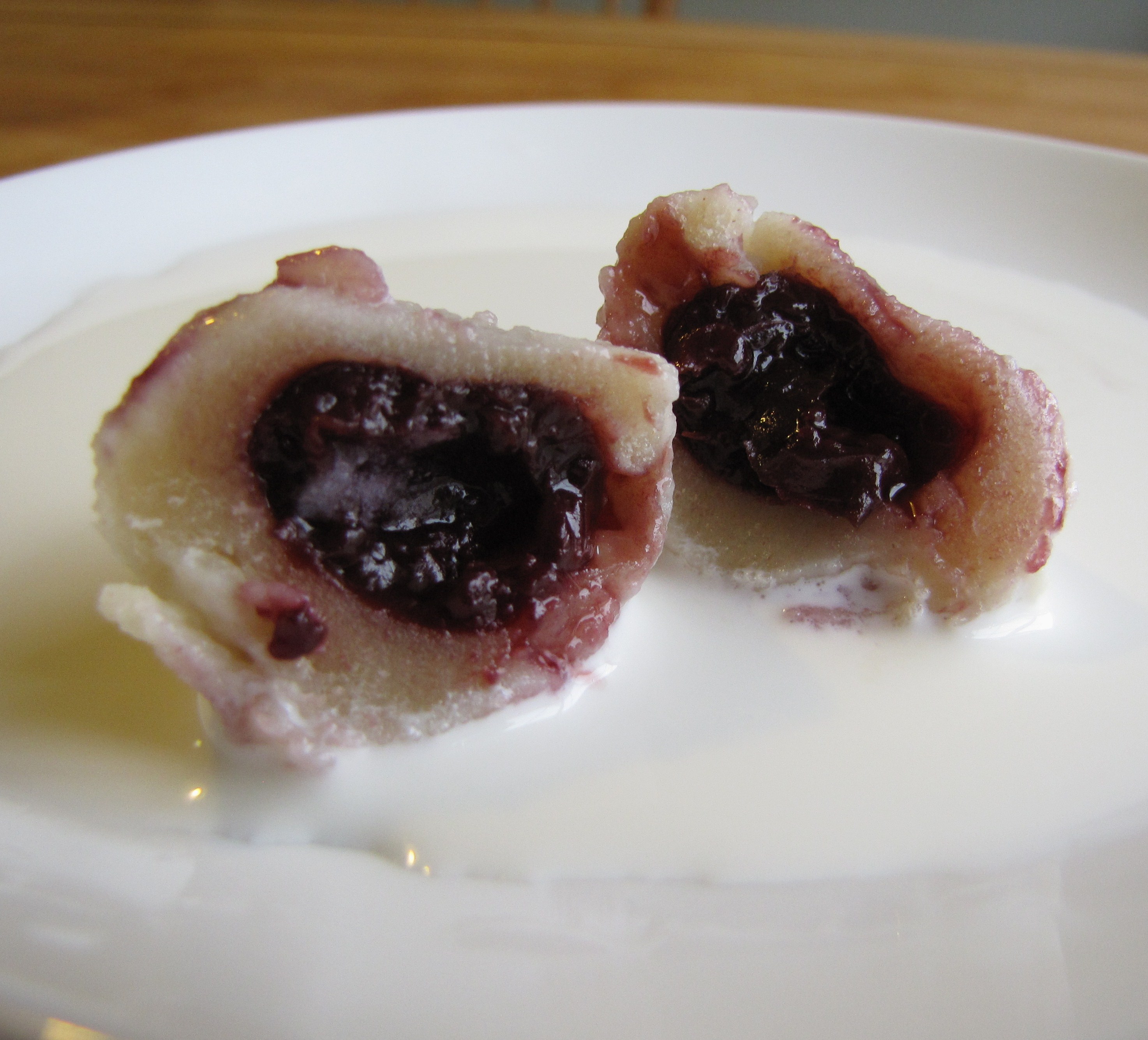I miss hearing and speaking slavic languages. It seems a little odd, but I actually find what most people consider to be the harsh sounds of Russian and Czech very soothing, perhaps because I have only good associations with them. Memories of good people, of good stories. It’s been over nine months since I left Prague, and Czech is rarely spoken in North Carolina. Russian is more common, but I always freeze up when I hear people speaking it, so I don’t get as much practice as I would like.
I won’t be able to take another Russian course until the spring – too much engineering to be done – but I did just get a job with the library collections department assisting with cataloging slavic literature. It might turn out to be sort of a tedious job, but I’m excited about the practice I’ll get and I think I’ll like it. I like being around old books, sitting in dark, musty rooms heavy with silence. I like the mystery of foreign titles, of imagining the story within. I feel as though I’ve read so many short stories in Russian that I have this whole canon of Russian lore in my imagination. You know the way that you feel you understand a place you’ve never been, just because you’ve read about it? How you can have a swirling but fully complete concept of an Arabian desert because your mind has merged all the stories you’ve read into a real place? How you know the feeling of salt spray on your face, the wind blowing your hair back as you stand on the prow of a wooden ship? I sometimes wonder what the imaginations of people who have never had access to literature or media are like. If you live in an isolated tribe in the desert, can you still dream of the ocean, not knowing what it is? Could you conjure the idea of snow, never having heard of it? Or would your imagination be that much greater, having never been limited by what can and can’t be?
I think that I have an especially good concept of Russia as portrayed through 19th century Russian literature – of the poverty and wheat fields, the cruelty and power of man, the weakness of the classical female character, of тоска, the untranslatable word that describes the melancholy every Russian is said to hold within their soul. Maybe I don’t really understand, but when I conjure the Russia of my imagination, there is a sweeping expanse of plains dotted with epic sadnesses and small triumphs. With happy summer dachas and cold, hungry winters. With clever men who think only of evil, and strong, brainless men who triumph over them. With withered babushkas in huts and frail, blonde peasant girls.
To honor all this Russian-ness on my mind, I decided to make fruit dumplings. In Russian, the word for them is vareniki; in Czech, ovocne knedliky. In Prague, my roommates and I used to pick these up at the potraviny as a quick dessert, and so I have many good memories of eating them late at night around our little kitchen table. The recipe I used for these is a Czech one, however, these are a fairly ubiquitous dessert in Slavic countries, with slight variations from country to country, so they can serve as a culinary testimonial to both Russia and the Czech Republic. The dough is a bit hard to work with, but don’t add too much flour as the stickiness of the dough helps to seal the fruit in. Fresh or frozen fruit will work equally well here, and these are best served warm with sweetened cream, cottage cheese, whipped cream, or simply melted butter and sugar.
Ovocné Knedlíky – Fruit Dumplings
Makes 35-40 dumplings. Recipe from bfeedme.
- 1 c. whole milk
- 1 TBS butter
- 1/2 tsp salt
- 1 egg
- 2 c. flour, divided
- 8 oz. fresh or frozen fruit (cherries, plums, blackberries)
- In a small bowl, lightly beat one egg. Set aside.
- In a small saucepan, bring milk, butter, and salt to a boil, stirring constantly. Remove from heat, and pour half a cup of hot milk over beaten egg, whisking vigorously the whole time so the egg does not begin to scramble. Return tempered egg and milk mixture to pan of milk, stirring. Gradually pour in one cup of flour, stirring the whole time. Dough will have the consistency of a thick paste.
- Pour remaining cup of flour onto large cutting board. Form a large well in the middle, and pour hot dough onto flour. Allow to cool for 5 minutes, or until it is comfortable to knead with your hands. Knead flour into dough until it forms a ball. Dough should be sticky, but add up to 1/2 cup extra flour for workability.
- Tear small pieces of dough off the ball and pinch into a thin disk. Place piece of fruit in center of disk and wrap dough around fruit, sealing the edges, so that the dough is spread equally thin around fruit. The layer of dough should be as thin as possible for the best flavor. Repeat to form remaining dumplings.
- Bring a large pot of water to a rapid boil. Add dumplings, and boil for 10-15 minutes. Dumplings should begin to float to top when done. Remove from water with slotted spoon and serve warm, with sweetened cream, cottage or ricotta cheese, whipped cream, or melted butter.
* Dumplings can be frozen before boiling.




yay keep writing! looks yummyy
They look like the ones my roommate brings back when his mother thinks he’s too skinny! (He is Polish)
Hi Katie,
Oh so this is why you knew where my photo of Prague was taken :) I love Ovocné Knedlíky, the blueberry ones are my favorites. You have a great blog, such wonderful recipes. I am so impressed that you made tamales too. See you around.
Wow, fruit dumplings, that is seriously neat!
I think that if people ever see anything that they haven’t seen it before, they’ll transform it into something that they do understand. The ocean might be a bigger pond, airplanes might be birds, aliens might be another animal…so they might imagine it up, but not call it what we would :D